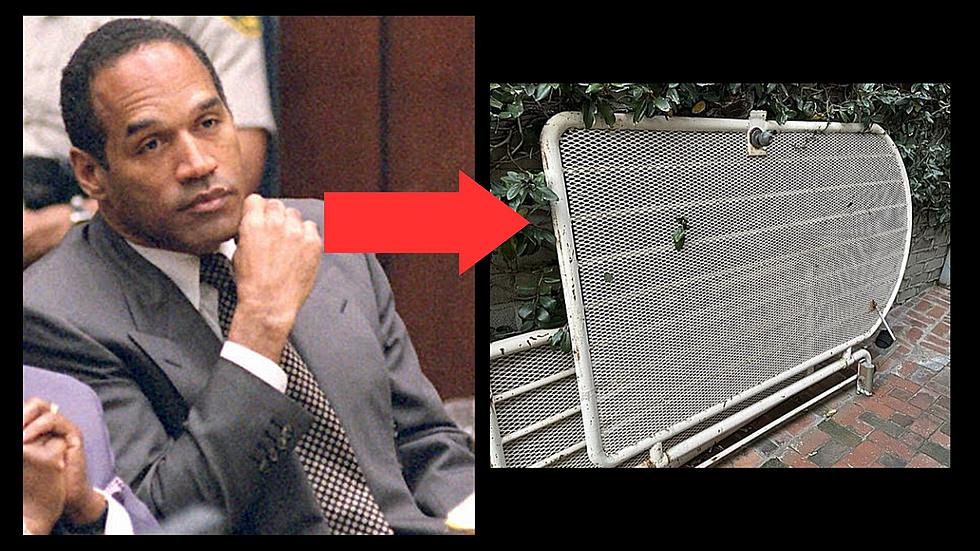
Adidas Execs Got Jail. Now Syracuse Booster Does It Openly
How times change. In a little more than four years, paying high school or prep school recruits to choose a particular college or university went from a felony to an encouraged practice.

In October of 2018 former Adidas executives James Gatto, Christian Dawkins and Merl Code, a former Adidas consultant, were convicted of conspiracy to commit wire fraud for making illegal payments to families of basketball recruits of the University of Louisville, the University of Kansas and North Carolina State University. The three were sentenced to prison in March of 2019 by U.S. District Judge Lewis A. Kaplan. Today, boosters openly talk about "going all in" in making their team great again.
College coaches no longer need executives from companies like Adidas to pay their recruits. In a terrific example of how times have changed, on Wednesday's syracuse.com, Chris Carlson spotlighted Syracuse basketball booster, millionaire Adam Weitsman. According to the article, Weitsman has already paid Syracuse student-athletes over $1 million and has pledged to drop at least another $1 million going directly to recruiting athletes.
“Even though I don’t have a role with the basketball team, I think, within the next five years, Syracuse will be playing in the national championship,” Weitsman told syracuse.com. “Because if I’m going to do something, I’m going all in.” Everything Weitsman has done is now legal. However, the Adidas executives were convicted for funneling about the same amount of money to recruits. Trust me, I am not absolving what those Adidas executives did nor am I pointing a finger at Weitsman. The Adidas execs took advantage of young athletes and their families to gain favor with elite college basketball programs. My point is, that same practice is now legal and college athletics will never be the same because of it.
In June of 2021, NCAA President Mark Emmert, who oversaw the investigation and convictions of the Adidas executives, a little less than 3 years prior, adopted the Name, Image and Likeness policy for college athletics governing body. "This is an important day for college athletes since they all are now able to take advantage of name, image and likeness opportunities," the NCAA President said at the time. "With the variety of state laws adopted across the country, we will continue to work with Congress to develop a solution that will provide clarity on a national level. The current environment both legal and legislative prevents us from providing a more permanent solution and the level of detail student-athletes deserve."
Speaking out of both sides of his mouth is something that Emmert and the NCAA have done best. Emmert has since stepped down as president, after dismantling college sports. Here is my take after working in Division I athletics for over two decades. Student-athletes definitely deserved to be given stipends because they cannot work during their collegiate careers. However, allowing some universities to pay more than others can afford has stripped the very nature of college athletics away forever. The days of the Cinderella Stories and competitive balance have gone away. The colleges and universities with the deepest pockets win. There are some dark lessons learned that come with this practice. Oh, did I say college is supposed to be a learning experience not a professional sports experience?




